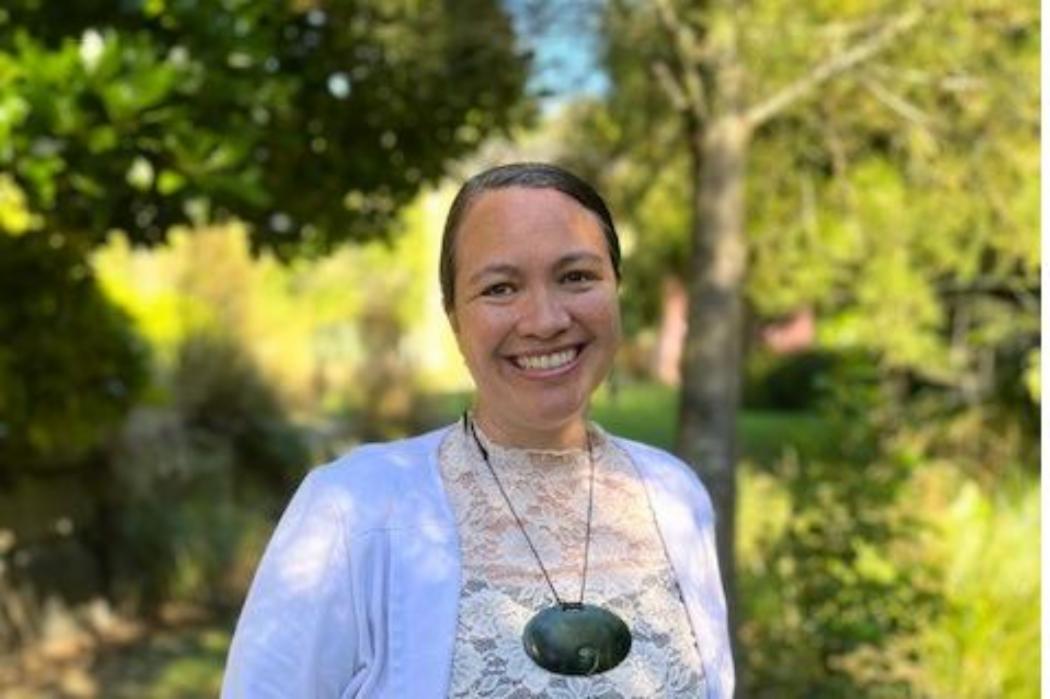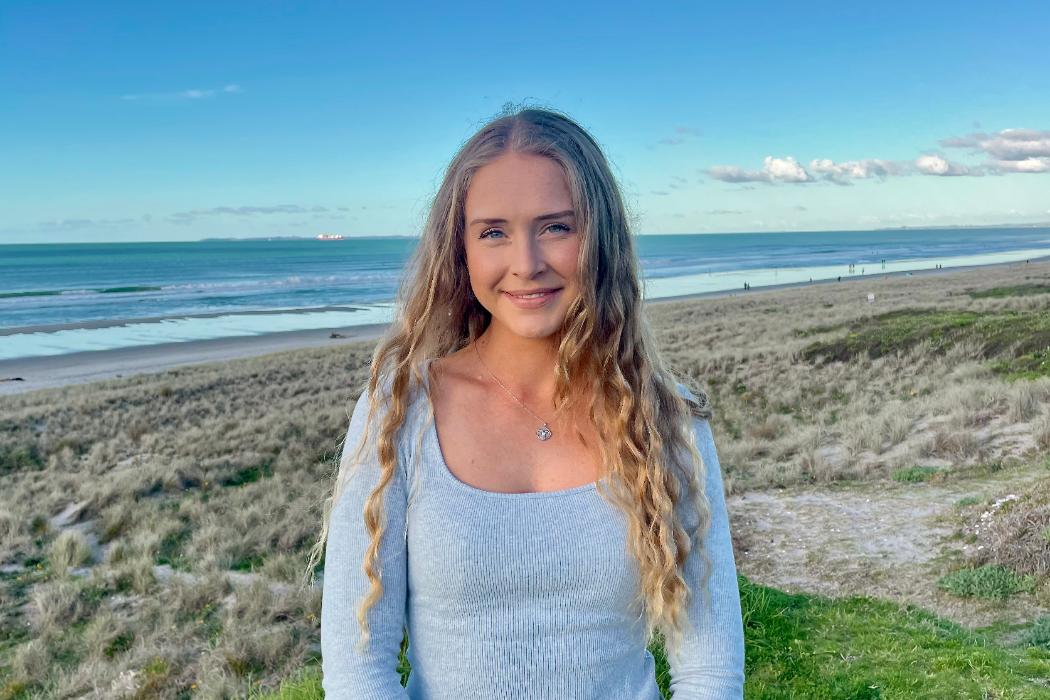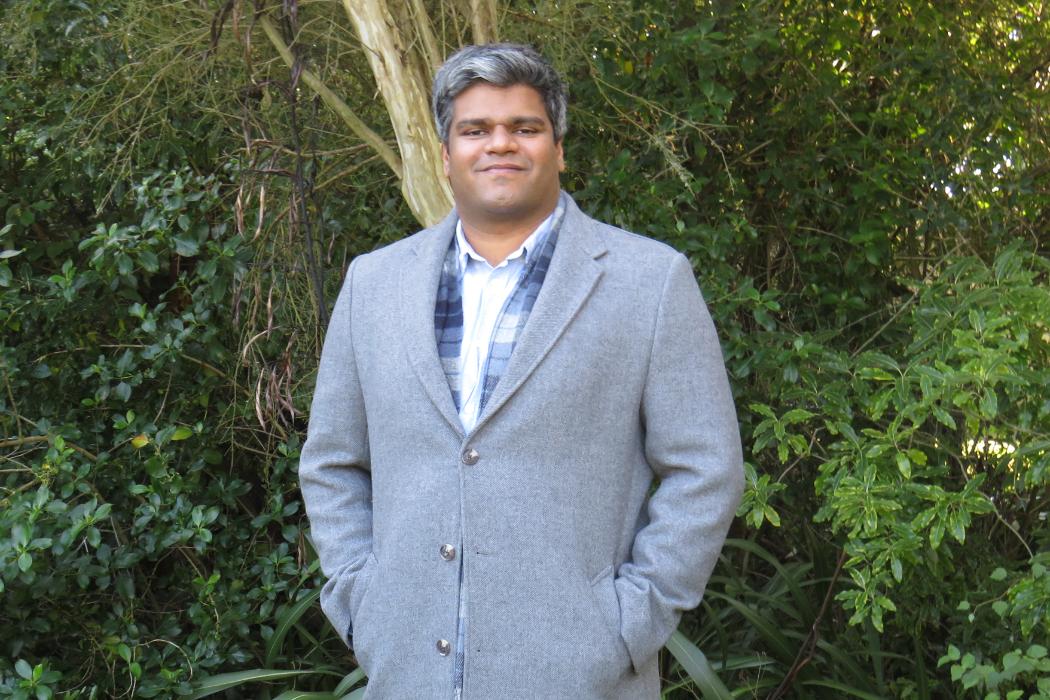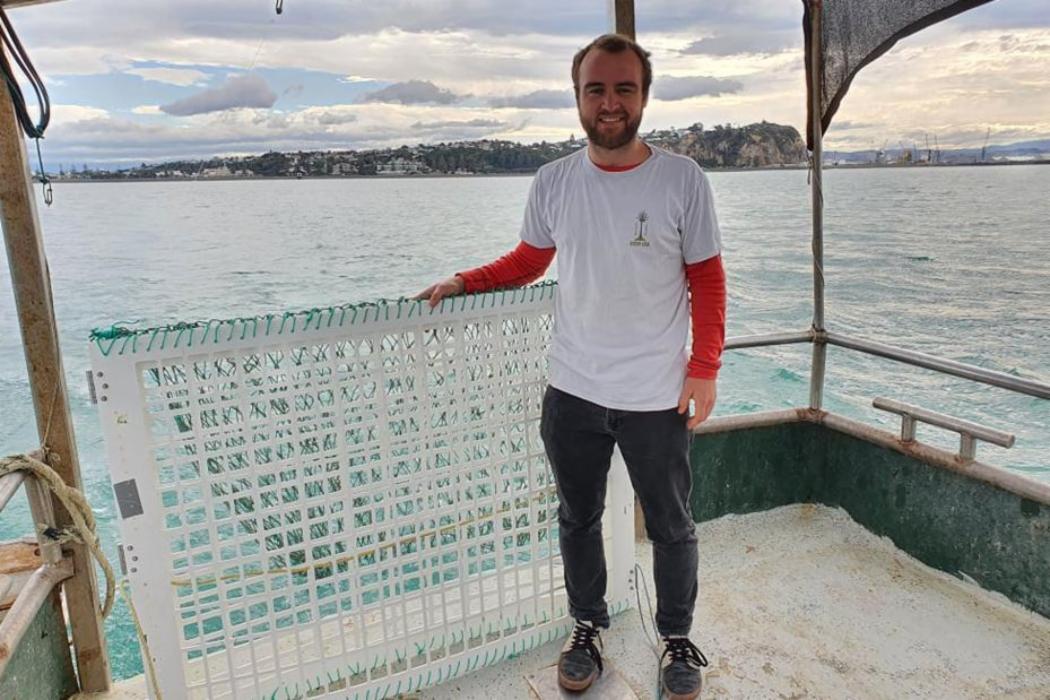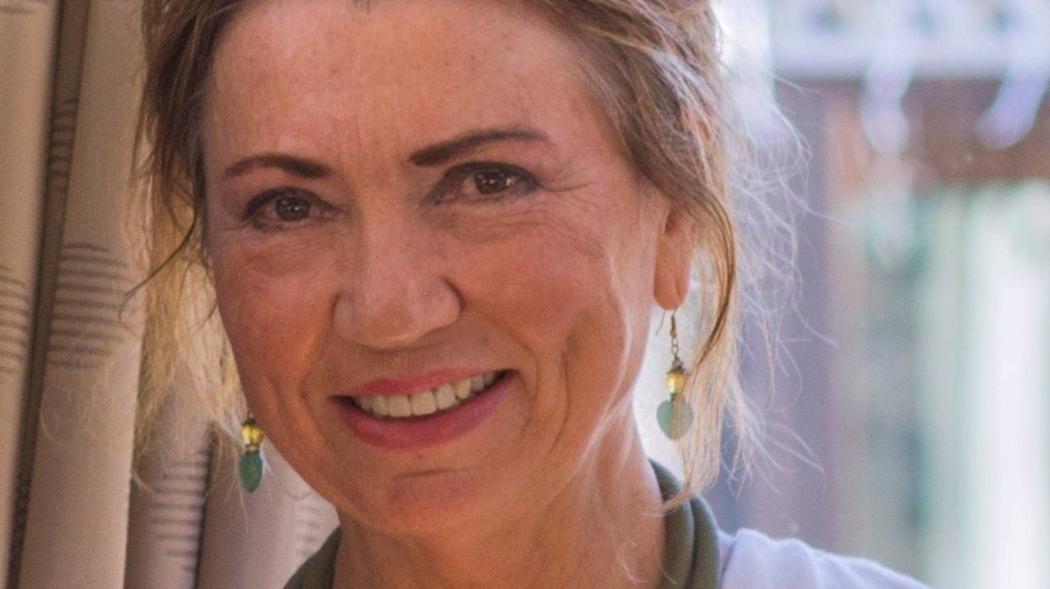Erin is one of the first PhD graduates in Human-Animal Studies at Te Whare Wānanga o Waitaha | University of Canterbury (UC). The doctorate is thought to be the only one of its kind in the world with a focus on inter-disciplinary research examining issues of power and control in our relationships with other species and their environments.
Erin is an experienced dog trainer and dog behaviour consultant whose academic research looks at canine-centric versions of dog training.
“Working with dogs and their humans is such an important part of my life and my research. My aim was to combine my applied and professional experience with my academic interests, and so looking at how humans interact with their dogs seemed only logical.
“The aim is to remove the human bias and combine what we know about dogs’ abilities and perspectives and how we can help them to thrive. This means shifting our perspectives and expectations and embracing the dog’s realities, focusing on ways to foster their emotional wellness,” Erin says.
“People often project their own experiences onto their dogs, and those assumptions often lead people to apply concepts of morality to their actions. For example, people might assume their dogs are being spiteful, and this often results in punishment.”
Erin has just authored a book that’s currently being printed, Constructing Canine Consent: Conceptualising and adopting a consent-focused relationship with dogs.
“People love their dogs and attempt to make them ‘more human’ in many ways, but still tend to place them at the bottom of a hierarchal family structure that denies them the same considerations or rights. The power dynamic is always in favour of the human.”
Originally from Canada, the now Dr Jones and her partner look forward to making Aotearoa New Zealand their home.
Fellow graduate Emily Major is also from Canada. Her doctoral thesis looked at compassionate conservation and possum advocacy in Aotearoa New Zealand.
“I’ve always been drawn to animals that humans despise. Through my studies, I seek to give them a voice, so they are treated with empathy instead of disregard,” she says.
Emily believes conservation education needs an immediate overhaul, and alternative control methods explored.
“The problems with current approaches to 'pest' control include the detrimental impacts on the healthy development of empathy among children who participate in, and are rewarded for, 'pest' control.
“What surprised me most in my studies was discovering a community of people who have a deep desire for more compassion and empathy in how New Zealand approaches conservation. I focused on the demonisation of paihamu, or brushtail possums, and the ensuing cruelty, normalisation of abuse, and desensitisation of violence in trying to eradicate them. This view of 'pests' as 'villains' applies to many other introduced species that are not easily commodified or controlled.”
The doctorate is coordinated by Professor Philip Armstrong in collaboration with Co-Directors of the New Zealand Centre for Human-Animal Studies, Professors Annie Potts and Nik Taylor.
Professor Potts says the new doctorate offers a unique opportunity for those wanting to undertake activist scholarship and has been particularly popular among international students.
“Most of our enquiries are from those aged in their 20s and 30s, who are part of the generation concerned with ethical consumption, animal advocacy, and climate change. Our other doctorate graduates from this first cohort, Eve D’Vincent and Cressida Wilson, researched biographies of zoo animals as a form of activism, and gender marginalisation in the animal advocacy movement in Aotearoa.
“Our students are politically motivated to make the world a better place for all species, particularly those exploited, consumed or in captivity.”



